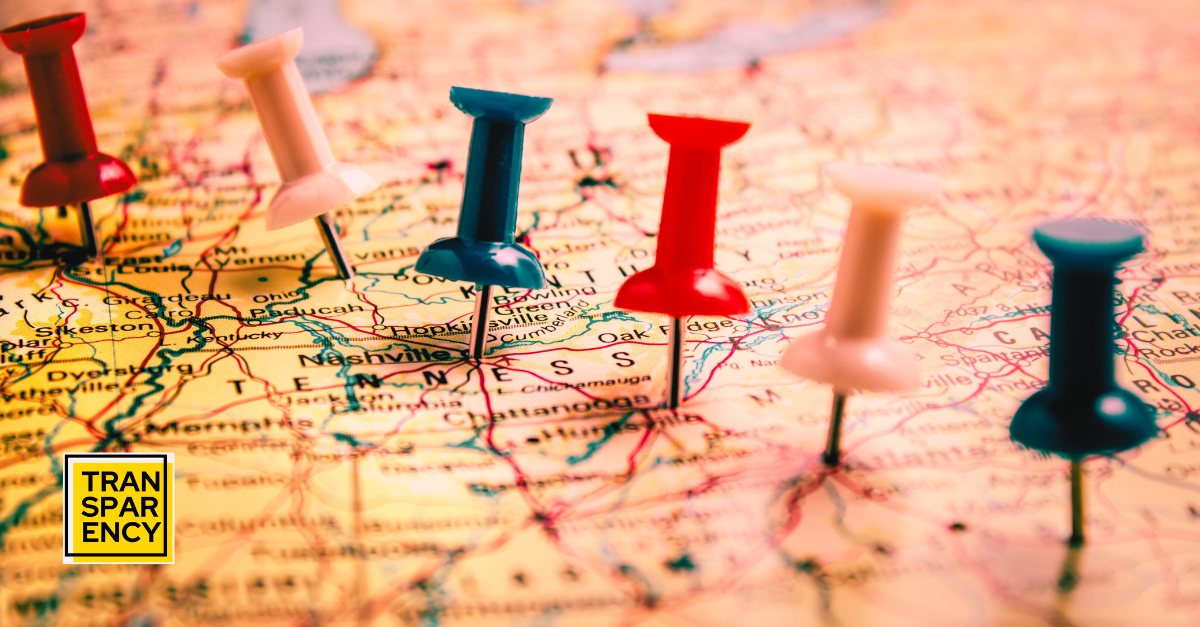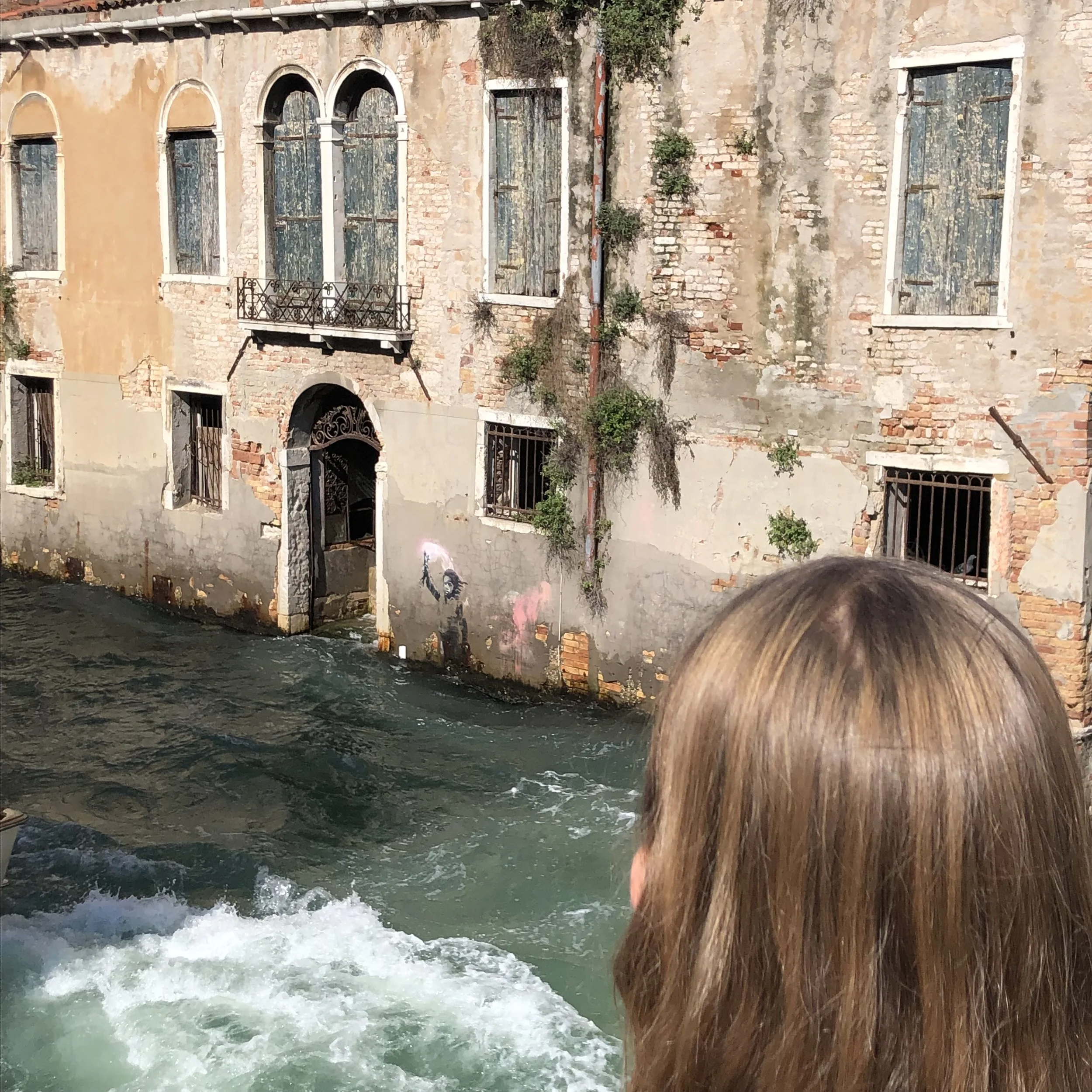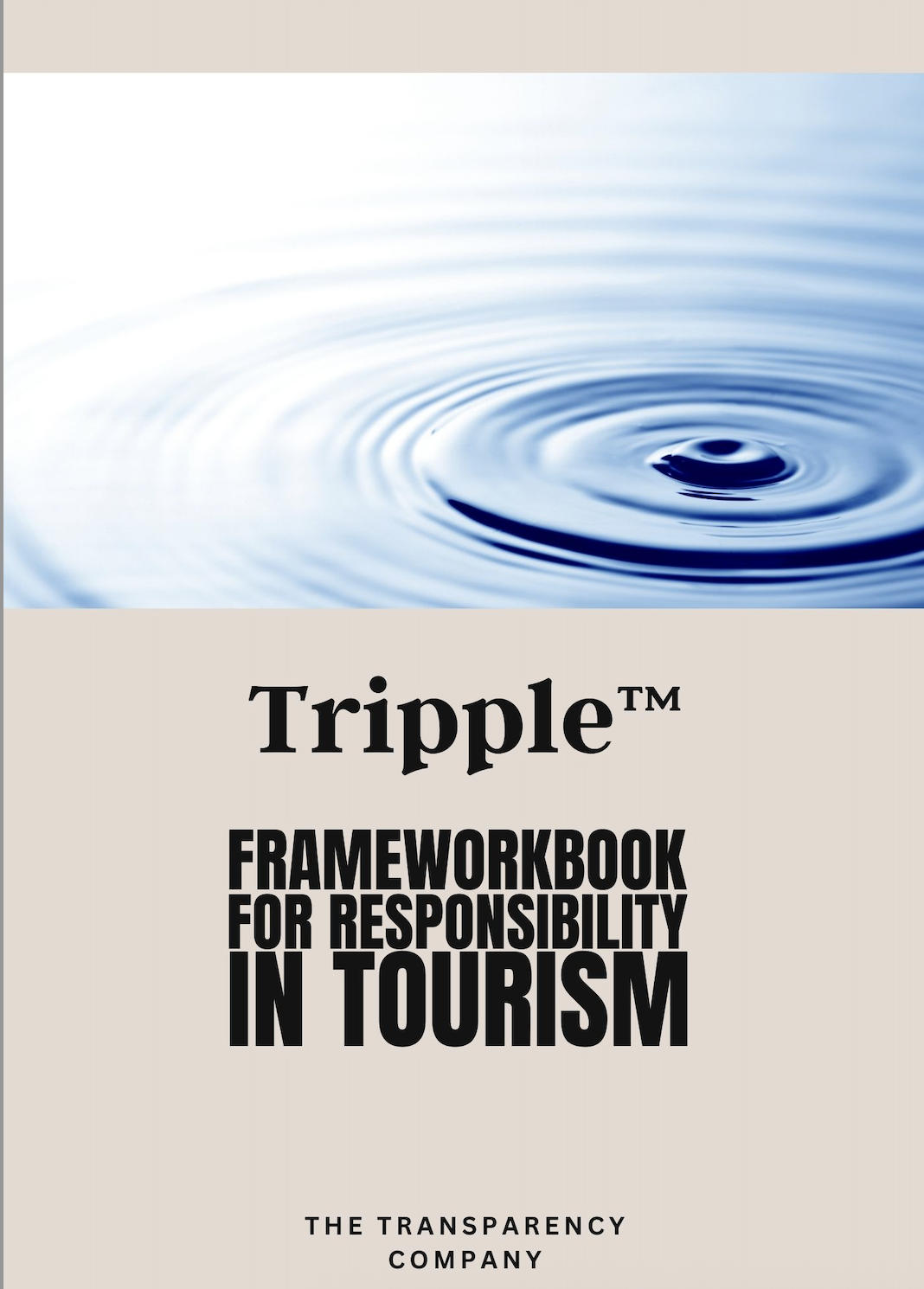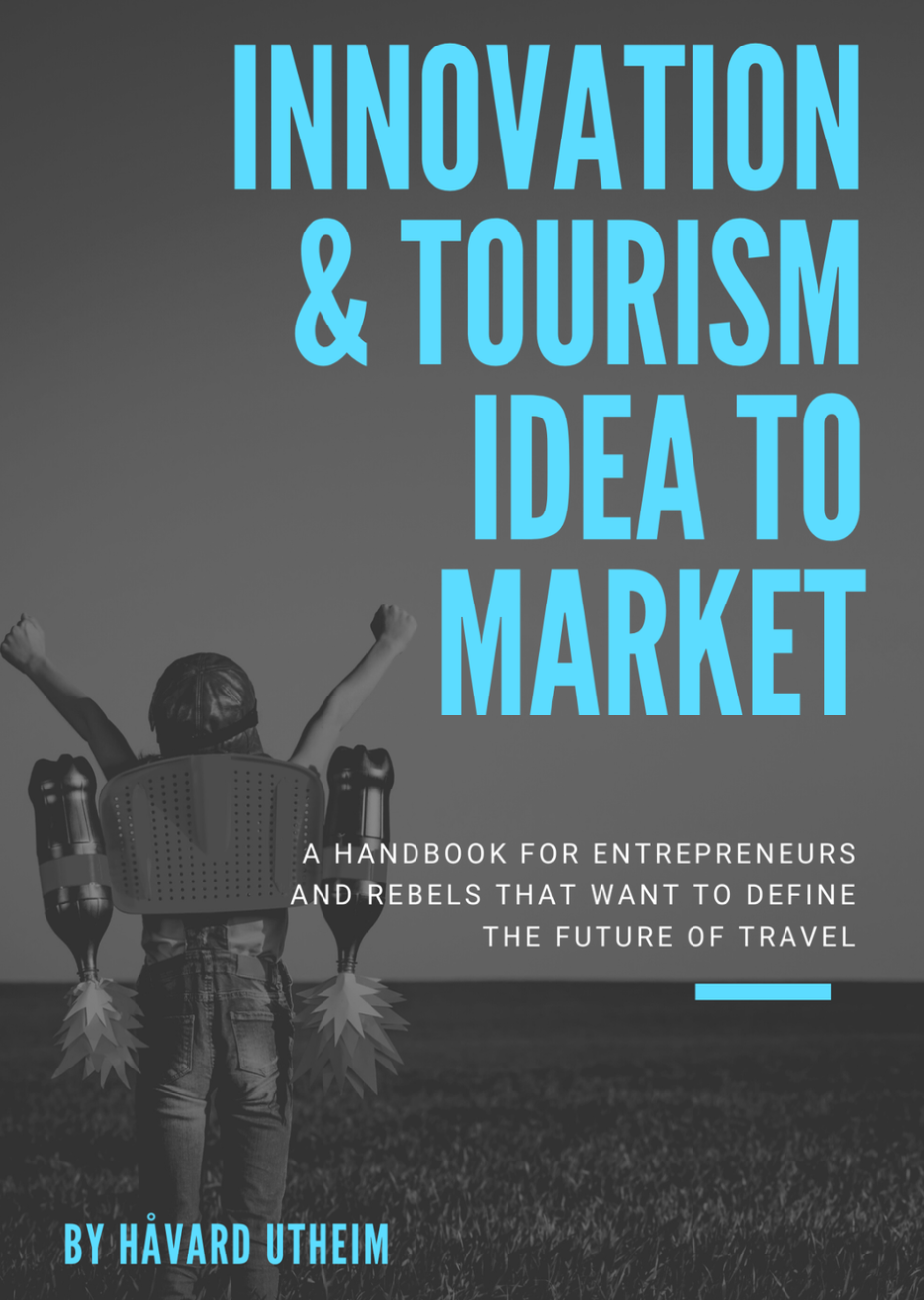
Transparency - a Think & Do Tank Exploring the Future of Tourism
At the intersection of society, nature, and technology, we turn ideas into action to redefine the future of tourism.
Honest Conversations to ReDefine The Future of Travel
Ideas, Insight & Inspiration
Free e-books
Download and start transforming your business
Tripple Frameworkbook for sustainability in tourism
Work with 3 Pillars, The Company, The Community, The Planet
Work with 21 Focus Areas. (7 areas within each pillar)
40+ practical examples from the Travel industry
126 Questions to guide you in the work
Templates and explanations to help you on the way
Innovation and Tourism - idea to market
Step by step guide
Work with 5 Chapters and many topics
A lot of examples and cases
Forms and questions
Templates and explanations to help you
































